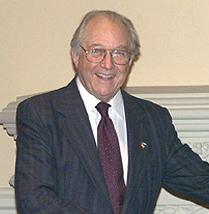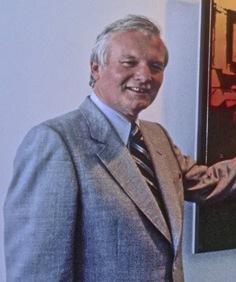| |||||||||||||||||||||||||||||||||||||||||||||||||||||||||||||||||||||||
57 seats of the Legislative Assembly of Manitoba 29 seats were needed for a majority | |||||||||||||||||||||||||||||||||||||||||||||||||||||||||||||||||||||||
|---|---|---|---|---|---|---|---|---|---|---|---|---|---|---|---|---|---|---|---|---|---|---|---|---|---|---|---|---|---|---|---|---|---|---|---|---|---|---|---|---|---|---|---|---|---|---|---|---|---|---|---|---|---|---|---|---|---|---|---|---|---|---|---|---|---|---|---|---|---|---|---|
| |||||||||||||||||||||||||||||||||||||||||||||||||||||||||||||||||||||||
 Map of Election Results | |||||||||||||||||||||||||||||||||||||||||||||||||||||||||||||||||||||||
| |||||||||||||||||||||||||||||||||||||||||||||||||||||||||||||||||||||||
The Manitoba General Election of June 25, 1969 was held to elect Members of the Legislative Assembly (MLAs) of the Canadian province of Manitoba. It was a watershed moment in the province's political history. The social-democratic New Democratic Party emerged for the first time as the largest party in the legislature, winning 28 out of 57 seats. The governing Progressive Conservative Party fell to 22, and the once-dominant Liberal Party fell to an historical low of five. The Social Credit Party won one seat, and there was also one Independent elected.

The Legislative Assembly of Manitoba and the Queen of Canada in Right of Manitoba, represented by the Lieutenant Governor of Manitoba form the legislature of the Canadian province of Manitoba. Fifty-seven members are elected to this assembly in provincial general elections, all in single-member constituencies with first-past-the-post voting. The Manitoba Legislative Building is located in central Winnipeg, at the meeting point of the Wolseley and Fort Rouge constituencies.

The provinces and territories of Canada are sub-national governments within the geographical areas of Canada under the authority of the Canadian Constitution. In the 1867 Canadian Confederation, three provinces of British North America—New Brunswick, Nova Scotia, and the Province of Canada —were united to form a federated colony, becoming a sovereign nation in the next century. Over its history, Canada's international borders have changed several times, and the country has grown from the original four provinces to the current ten provinces and three territories. Together, the provinces and territories make up the world's second-largest country by area.

Manitoba is a province at the longitudinal centre of Canada. It is often considered one of the three prairie provinces and is Canada's fifth-most populous province with its estimated 1.3 million people. Manitoba covers 649,950 square kilometres (250,900 sq mi) with a widely varied landscape, stretching from the northern oceanic coastline to the southern border with the United States. The province is bordered by the provinces of Ontario to the east and Saskatchewan to the west, the territories of Nunavut to the north, and Northwest Territories to the northwest, and the U.S. states of North Dakota and Minnesota to the south.
Contents
It was not clear what form the government would take in the days immediately following the election. There were negotiations among the Liberal and Progressive Conservatives to form a minority coalition government, supported by the Social Credit and Independent members; under this scenario, former Liberal leader Gildas Molgat would have become Premier. These plans came to nothing when Liberal MLA Laurent Desjardins announced that he would sit as a "Liberal Democrat" supporting the NDP, allowing the NDP to form government by one seat. Edward Schreyer became the province's first social democratic Premier shortly thereafter.

Gildas Laurent Molgat, CD was a Canadian politician. He served as leader of the Manitoba Liberal Party from 1961 to 1969, and was subsequently appointed to the Senate of Canada, where he served as Speaker from 1994 until 2001. He died shortly thereafter.
Premier is a title for the head of government in some countries, states and sub-national governments. A second in command to a premier is designated as a vice-premier or deputy premier.
Laurent Louis "Larry" Desjardins was a politician in Manitoba, Canada. He served as a member of the Manitoba legislature for most of the period from 1959 to 1988, and was a cabinet minister under New Democratic Premiers Edward Schreyer and Howard Pawley.
The Manitoba NDP had a total election budget of $45,000. Although very small by modern standards, this was the most the party had ever spent up to this time. [1]








